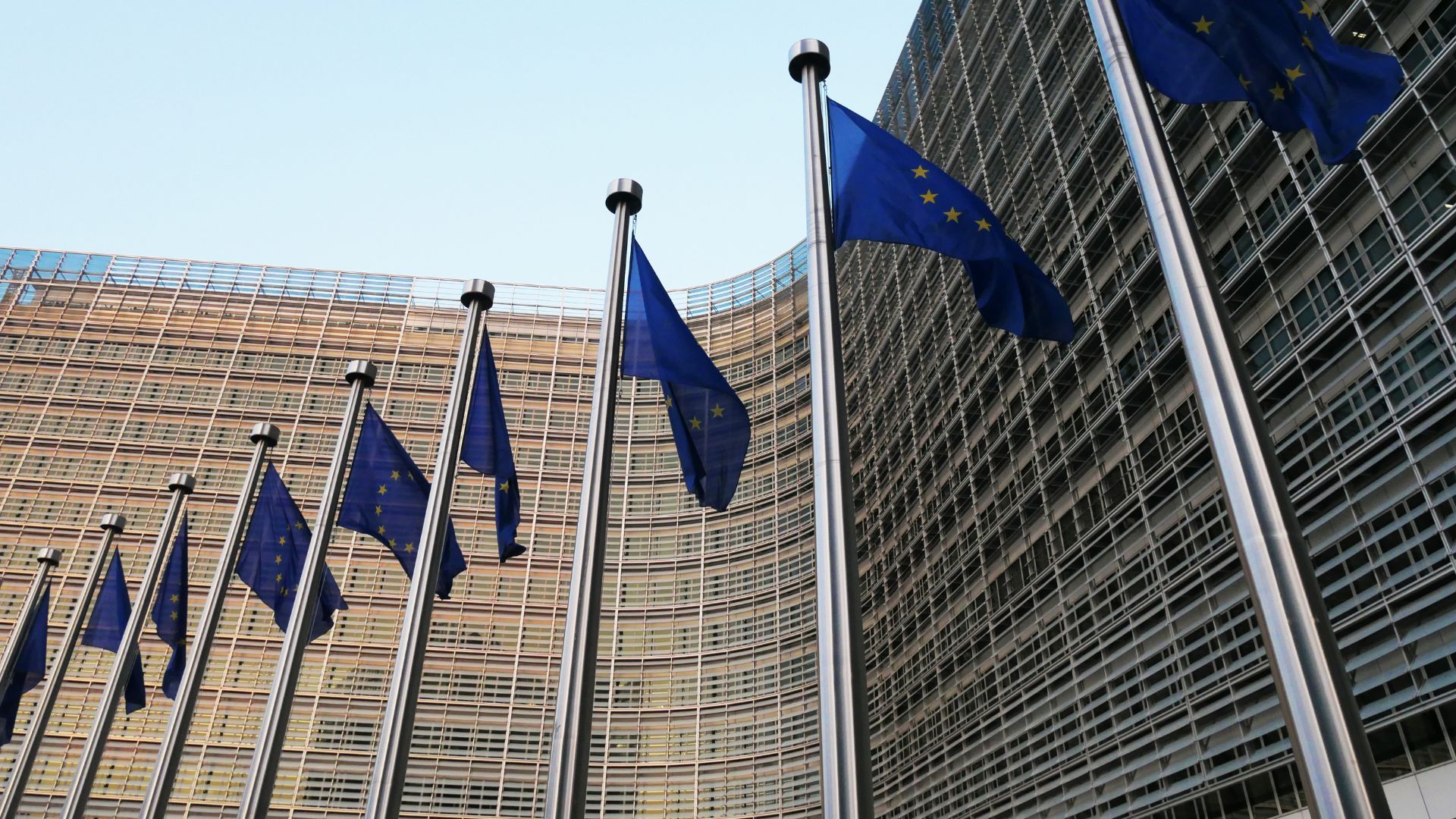

Matthew McDermott
Leadership, Artificial Intelligence
At our recent EU briefing session in Brussels, industry executives and EU policymakers discussed the importance of harmonising and effectively implementing digital regulations to foster innovation, ensure oversight, and enhance global competitiveness. Key topics included supporting innovation, balancing digital resilience with the green transition, and strengthening cybersecurity frameworks. An idea that came to the fore was the need for the EU to focus on the implementation of existing rules over the next five years while avoiding fragmentation and maximising coordination.
EU policymakers face significant challenges when trying to maintain coherence across 27 jurisdictions with overlapping and potentially contradictory requirements enshrined in EU rules. The reality of aligning diverse national regulations with overarching EU legislation often results in fragmented implementation.
This fragmentation reduces certainty for businesses and investors, hampering innovation and creating unnecessary compliance burdens for businesses operating across multiple jurisdictions. The current geopolitical landscape, with varying national interests and external pressures, further complicates the policymaking process. These challenges all underscore the necessity of a coordinated and unified approach to implementation across the EU.
The new mandate for the European Commission must prioritise addressing the geopolitical and political trends impacting tech policy in Europe. This includes enhancing digital sovereignty while ensuring alignment with the green transition goals.
At the heart of this is a strong focus on the effective implementation of existing regulations, coordinating with industry stakeholders to identify and address challenges in harmonisation. The establishment of a coordinating mechanism to streamline enforcement and ensure coherence across various regulatory domains will be crucial in maintaining Europe’s leadership in digital innovation.
The multifaceted nature of digital policy intersects with numerous domains, including cybersecurity, data protection, AI, and digital markets. Each area has its own regulatory framework, enforcement body, and set of stakeholders, making coherence challenging.
Our suggestion is to leverage existing synergies, rather than create an all-encompassing super agency. This involves consolidating enforcement capabilities across compatible areas, enhancing efficiency and coherence without undermining the focus required in specific areas.
A key challenge is the overlapping competencies within EU regulatory structures. For instance, the Digital Services Act (DSA) and the Digital Markets Act (DMA) serve different purposes and are enforced by different bodies. Bringing these under a single coordination mechanism without undermining their distinct mandates requires a delicate balancing act.
Moreover, enforcement in the EU is often decentralised, with significant power vested in national authorities. A new coordinating body would need to navigate varying degrees of enforcement rigour and capacity across member states. This necessitates political will and substantial investment to harmonise enforcement practices and build capacity at both the EU and national levels. The alternative is unfocused implementation that fails to deliver on the goals of existing legislation, making it impossible to identify the gaps to be filled by future legislation.
We propose that a coordinating mechanism would function as an enforcer and advisor, rather than a regulator. This would ensure that existing regulations are applied consistently and effectively by policing the overlaps and gaps in these rules, instead of existing regulatory structures. Such a proposal requires careful delineation of responsibilities to avoid overlaps and conflicts between regulatory bodies.
Industry plays a pivotal role in shaping coherent digital regulations through proactive engagement with policymakers. Advocacy efforts should focus on highlighting the importance of harmonised regulations for fostering innovation and economic growth. Businesses can provide valuable insights into the practical implications of regulatory frameworks, helping policymakers craft more effective and implementable regulations.
Strengthening collaboration with cybersecurity leaders and improving data access policies are key areas where industry input can drive meaningful change. Continuous monitoring of political developments and engaging in dialogue with regulators will ensure that industry perspectives are considered in the legislative process.
As the EU navigates new horizons in tech policy, the need for harmonised and coherent digital regulations has never been greater. Access Partnership closely monitors the evolving rules and regulations for technology, providing expert advice and strategic support to both public and private sector clients.
Our understanding and experience of EU policymaking, and international best practice provide us with a unique skill set to help shape the future of digital regulation in Europe. To learn more about our services, please contact Matthew McDermott at [email protected].




